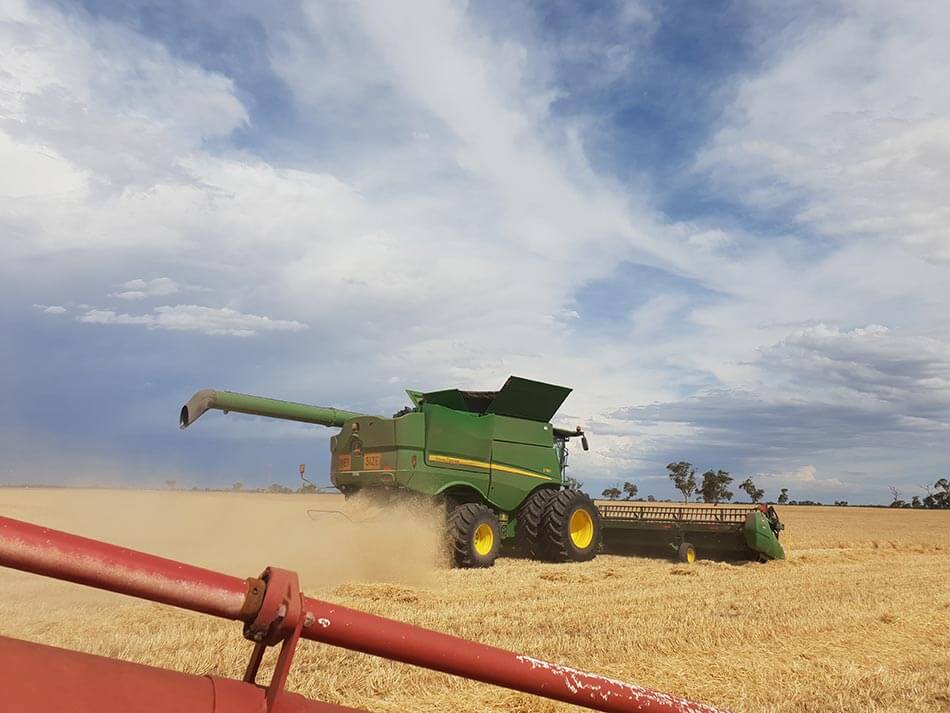Based on a report from the Bureau of Economic Analysis, the outdoor recreation economy makes 2.2% of the total U.S. GDP or roughly $412 million. But this industry is now worried about what lies ahead as the trade war between the U.S. and China remains on a standstill.
Columbia Sportswear, VF Corporation, NEMO Equipment, and Nester Hosiery are prominent brands in the outdoor industry. These giants met with Capitol Hill lawmakers this week to tell them how much their industry has hit bottom-line.
Katie Kumerow, Nester Hosiery’s sustainability manager, said that they want their voices heard. She stressed that this trade war is affecting American jobs, businesses, and innovation.
More than $1.8 billion in tariffs was paid by outdoor recreation companies from September 2018 to July this year, according to the Outdoor Industry Association. This amount is triple to what the businesses paid in 2018 according to OIA data.
Workforce Expansion Not An Option
Brent Merriam, Nemo Equipment Chief Operating Officer, insisted that the industry’s growth is affected because they are unable to hire more workers. NEMO Equipment is a New Hampshire sleeping bag and tent company. Their workforce is a mere 30 employees, but despite this, they had to put on hold, three workers.
The sporting goods company also revealed that they had to look for other suppliers, and this eats up a lot of time and resources. Merriam recently went to the Philippines to find a line of camping chairs. He said that the resources that would have used to innovate new products were diverted to manufacturing the same product someplace else.
Meanwhile, Nester Hosiery, a Mount Airy, North Carolina company, said that they also encountered difficulties when it comes to their sock production. The largest supplier of merino wool is in China. But after learning that the Trump government implemented a 10% tariff on imports from China last year, Nester’s supplier transferred their production to their factories located in Europe to avoid penalties.
Kumerow narrated how it took their company around six months to move their operations. She also said that their lead time for ordering materials takes them three or more weeks longer. The change was hard and has led to many delays. And despite all their raw materials transitioned to their factories in Europe, they are eyeing capacity problems.
“Tariff Price Tags”
The outdoor recreation industry supports more than 7 million jobs in the U.S. and provides for $880 billion in consumer spending from sports and outdoor apparel and footwear to airfare tickets.
Emily Vedaa, Columbia Sportswear’s trade manager, called the past year as an “absolute utter certainty.” Vedaa said that despite just feeling the impact of the trade problem this September, they were worried for a year about what might happen to their business.
Vedaa analyzed that if this trade war continues, job losses and price increases will be inevitable. She wanted to give lawmakers a specific example of how the trade war has impacted their industry. And in one of her examples that she called “tariff price tags, Columbia showed the difference in the price of their regular fleece jacket.
Together with a regular duty tariff of 32 percent, an additional duty of 25% imposed recently by Trump was seen. A $100 Columbia fleece jacket is now $157. The company wants consumers to understand how much the tariff has affected their favorite products.
Columbia has not raised its prices and said that they are still considering factors as to how much they can do it. Vedaa exclaimed that their products were the most affected by the 15% tariff on $111 billion Chinese goods on September 1. She said that Columbia had to find ways to import as much as possible their products ahead of time. Columbia is absorbing the effects of tariffs as of the moment and is yet to increase their prices.
The representatives of outdoor recreation companies talked to lawmakers coming from around 48 states. The group met with Rep. Greg Gianforte, R-Mont. Gianforte mentioned in a statement that trade wars don’t result in winners. He also said that he urged possible trade negotiations to speed up talks and announce trade deals that will benefit Montana companies.
Gianforte stressed the need for certainty, especially for companies that are absorbing the costs of taxes. Like Columbia, these companies are still contemplating possible price increase which will hit their consumers.
Their visit to Washington adds pressure officials to persuade the president to rethink his policy. Representatives of the outdoor recreation industry insist that Trump’s plan is not working. American industries and the American people are being affected.
Columbia Sportswear’s mockup price tag was released in a photo on September 12, 2019. The “tariff price tag” showed the MSRP of a Columbia Fleece Jacket at $100 and an adjusted price of $157 after adding a regular duty tax of $32 and a punitive duty of $25. This tag is an example only and is not on any California Sportswear product.















